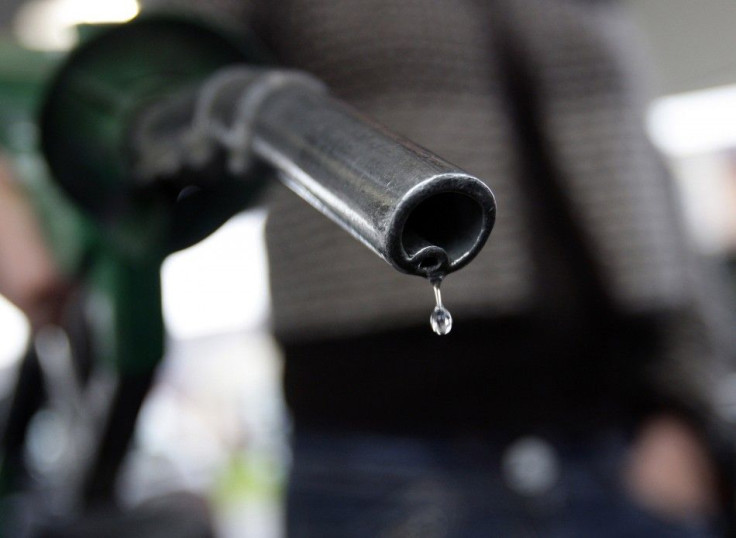Indian Government May Delay Diesel Price Hike As Pressure Mounts To Rollback Petrol Prices

The Indian government may not hike diesel prices since the recent steep petrol hike has generated strong protests from the public and opposition parties. The government hiked the petrol prices by Rs 7.5 Wednesday.
A committee of ministers was supposed to meet to discuss the diesel and kerosene prices Friday. However, the sharp reactions to the petrol price hike have forced the government reconsider the move to hike the prices immediately.
It is doubtful whether there will be meeting because there is so much political reaction to the hike in petrol prices, an official, who declined to be identified, told Reuters. Another official confirmed that meeting would not take place as planned as the situation may aggravate if diesel prices were hiked.
In India, diesel and kerosene are considered the poor man's fuel as they are widely used for agriculture and cooking purposes in rural India. Fearing a backlash, the government has been keeping the diesel price hike in the backburner since July 2011 though petrol prices have been hiked several times since then.
The price hike was expected as both the state-run oil companies and the government had hinted at some harsh measures for reviving the economy.
Though oil prices are deregulated and market-driven in the country, the government monitors and regulates the price through its oil companies. The prices of all the key petroleum products - petrol, diesel, kerosene and cooking gas (LPG) are highly subsidized.
Nevertheless, the government's decision cheered the investors as the move was seen as a sign of the government awakening from the month-long slump to act.
The strong intervention sent positive notes to the investors and the markets extended gains Thursday in reaction to the news. However, the prices of auto shares as the hike in petrol prices had been expected cause a fall in car sales.
Opposition To Petrol Price Hike
The pressure mounted on the UPA government Friday, as calls for the rollback of the petrol prices got stronger with protestors lashing out at the UPA government for the unpopular decision.
All the opposition parties and the coalition partners of the UPA government slammed the price rise and demanded a rollback. Some of the members of the Congress, the main coalition partner, also asked the government to rollback the price hike.
The party directed its governments in the states to cut down the taxes on petrol. Central and state taxes account for more than 37 percent of the petrol price. The Congress government in Kerala announced a cut in taxes to reduce the impact of price rise in the state and many other states are expected to join the league.
The protests against the steep price hike intensified Friday, with protesters holding demonstrations and burning effigies of Prime Minister Manmohan Singh, other ministers and Congress leaders.
Vehicles were also set ablaze by the protestors who demanded a withdrawal of the price hike.
The opposition parties have called for a Bharat Bandh (nationwide shutdown) May 31 to protest against the steep hike.
Impact On Inflation
The hike in petrol prices has caused concern among the financial analysts, as it will add to inflation, which is already touching the double digits.
Petrol prices account for 1.09% of overall WPI. This implies that an increase of 11.5% in petrol prices would result in a direct upward pressure of 13-15 bps on inflation. The indirect impact in terms of freight charges for transportation of petrol is minimal, unlike for other mineral fuel components, according to Care Ratings report.
The hike will worsen the energy crisis the country is facing and increase the cost of consumer products. The worst effected will be auto, transport and FMCG sectors.
However, both the oil companies and government officials have hinted at a possible rollback of Rs 2-3 by the end of May or in early June.
© Copyright IBTimes 2024. All rights reserved.





















